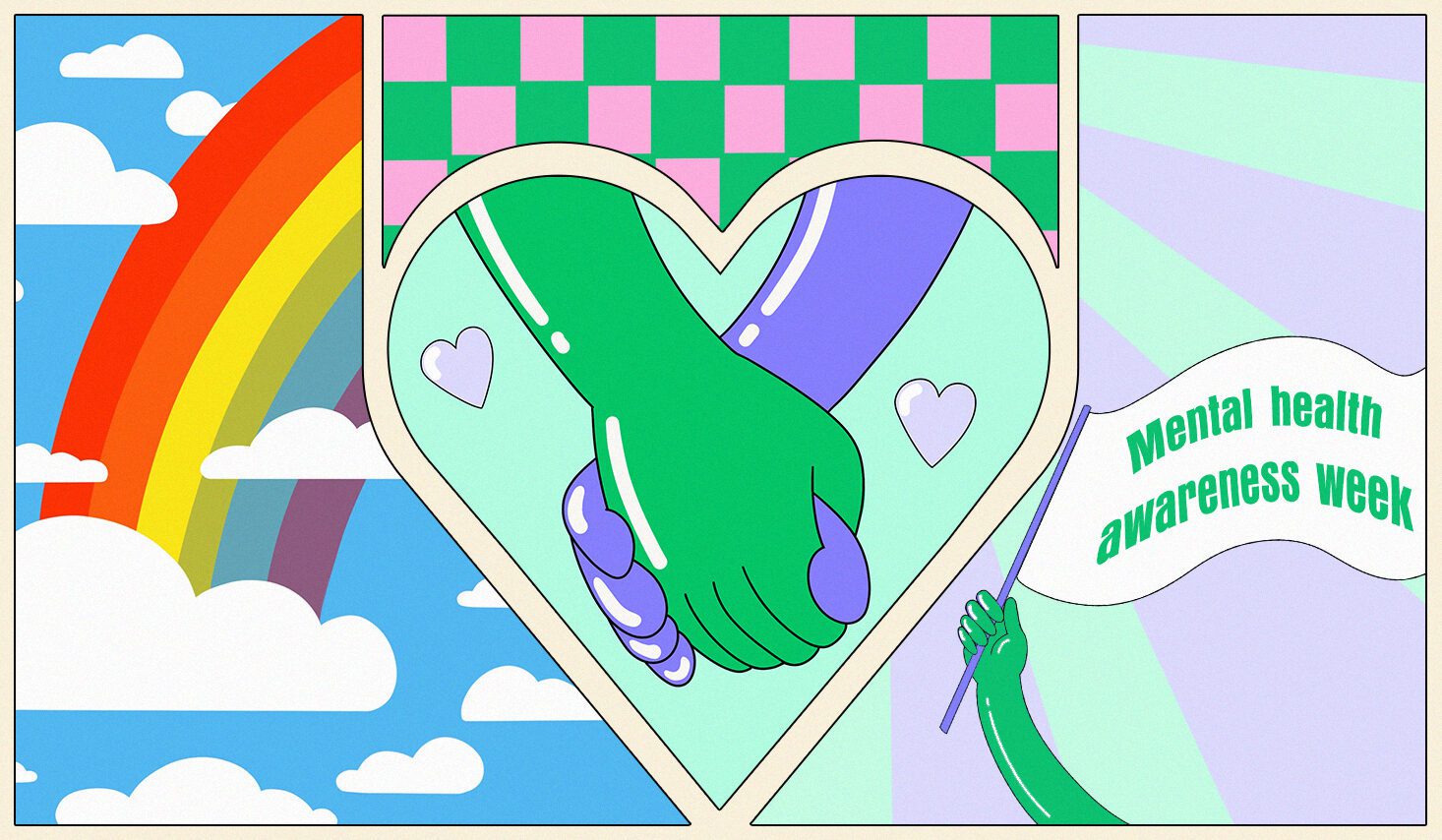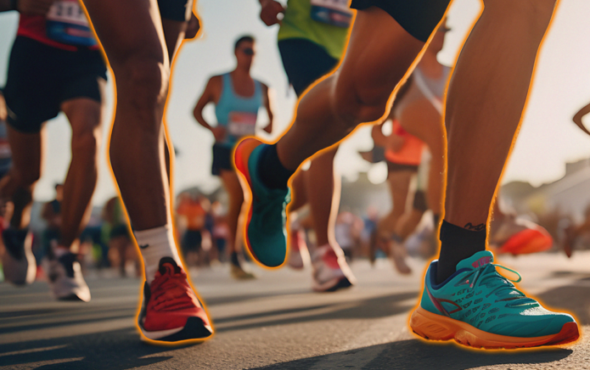
It’s a privilege to be queer. As members of the LGBTQIA+ community, we get to live our lives on our own terms while empowering each other to be our authentic selves. However, it can sometimes be anxiety-inducing and difficult to navigate your queerness in a cisgender, heteronormative world.
In fact, according to a study by Stonewall, over half of LGBTQIA+ people have experienced depression, while three in five say they’ve experienced anxiety. It’s why Hinge has teamed up with GAY TIMES to answer a NFAQ (Not-so Frequently Asked Question) in recognition of Mental Health Awareness Week (May 15-May 21).
Beginning in 2001, the week is an opportunity for people all over the country to come together and tackle the stigma that still surrounds mental health. It also gives everyone, including the LGBTQIA+ community, a chance to help better understand their own mental health as well as that of others.
Mental Health Awareness Week provides the space to address important questions about mental health and connection. In the LGBTQIA+ community, dating can sometimes bring feelings of anxiety and questions about how other daters will receive us. For example, one query that arose was: “I don’t always feel queer enough. Any advice for handling that anxiety?” To answer this NFAQ, Hinge’s Love and Connection Expert and licensed therapist Moe Ari Brown provided their expertise.
“I’m no stranger to not feeling queer enough,” Moe says. “After five years on testosterone, I don’t always feel as visibly queer as I used to.”
That being said, Moe has learned some valuable lessons during that time.
“I’ve sat with so many people in therapy who are feeling the same way,” he says. “The question usually comes down to whether or not we belong. And the answer is yes, you absolutely do.”
@gaytimes There isn’t only one way to be queer, says Hinge’s Love and Connection Expert, Moe Ari Brown, in our latest #HingeNFAQ ♬ original sound – GAY TIMES
As Moe points out, there isn’t only one way to be queer, so we shouldn’t necessarily compare our experiences with queerness with other people’s. “It’s all queer and beautiful as is,” Moe adds.
What really matters is community and spending time with people who see you and celebrate you for who you are. For 75% of LGBTQIA+ Hinge daters, connecting with others was a helpful aspect in exploring their sexuality. “It helps boost self-confidence while reducing anxiety,” confirms Moe.
Ultimately, just by being yourself, you are enough. That applies to your queerness, too. Communicating your anxieties allows for a better understanding of mental health, providing all LGBTQIA+ people the space, opportunity, and support to express their authentic selves. So if you have a Not-so Frequently Asked Question around mental health and creating a meaningful connection, leave it as a comment in the TikTok for Moe.
80% of LGBTQIA+ daters on Hinge have struggled to find answers to their questions about relationships, self-discovery, gender, and sexuality. See what other inspiring voices like Rosie have had to say at hinge.nfaq.co and submit your own.
